Fusenews:Whatever Lola wants, Lola gets
-
 A conflict of interest question has arisen regarding the National Book Awards in the Young Person’s category over at One-Minute Book Reviews. The writer is Janice Harayda, an award-winning journalist and former book editor of the Plain Dealer in Cleveland who has been a vice-president of the National Book Critics Circle. It makes for interesting reading. I understand the argument (in brief: Since Small illustrated Appelt’s book it is a conflict of interest for her to be an NBA judge and she should step down) but I can’t see how this could possibly be avoided each year unless you have written standards in place to cover what is and is not allowed. I mean whenever you have authors and illustrators giving awards to other authors and illustrators there’s going to be an inherent conflicts of interest. The more they work, the more they overlap. And if graphic novels are going to have a fair shake then it’s inevitable that their artists will at some point have illustrated books for the panelists. What should technically be considered a conflict of interest? What if authors are in the same writing group? Or they share the same agent or editor? Where do you draw the line? Fascinating topic. I don’t know the answers.
A conflict of interest question has arisen regarding the National Book Awards in the Young Person’s category over at One-Minute Book Reviews. The writer is Janice Harayda, an award-winning journalist and former book editor of the Plain Dealer in Cleveland who has been a vice-president of the National Book Critics Circle. It makes for interesting reading. I understand the argument (in brief: Since Small illustrated Appelt’s book it is a conflict of interest for her to be an NBA judge and she should step down) but I can’t see how this could possibly be avoided each year unless you have written standards in place to cover what is and is not allowed. I mean whenever you have authors and illustrators giving awards to other authors and illustrators there’s going to be an inherent conflicts of interest. The more they work, the more they overlap. And if graphic novels are going to have a fair shake then it’s inevitable that their artists will at some point have illustrated books for the panelists. What should technically be considered a conflict of interest? What if authors are in the same writing group? Or they share the same agent or editor? Where do you draw the line? Fascinating topic. I don’t know the answers.
-
Feeling rich? Feeling bored? Feeling like purchasing some fabulous children’s literary illustrations in an auction? Then check out the surprisingly fun interactive Bloomsbury Auction catalog for children’s book art. There’s a lot to pick and choose from. Would you care for the Caldecott Award of Evaline Ness? A Rackham or two for spice? Me, I wouldn’t mind the Pogo sketch. Thanks to John Peters and Educating Alice for the link.
-
And this week’s winner of the-craziest-darn-thing-I’ve-heard goes to . . . . this.
-
As I’m sure you already know, 100 Scope Notes has just been fantastic to watch recently. The Chad Beckerman interview is worth the price of admission alone. And whether it’s debating the spookiness of gothic gates (a book cover trend I had completely missed!), voting on most unfortunate covers (the winner goes to a Newbery Honor title), or comparing Robinson Crusoe (fairly) to Richard Greico, Travis Jonker keeps his site hopping! I stand in awe.
-
For that matter, it has been a while since I praised Collecting Children’s Books properly. I assume that you are all reading regularly. If not, you may have missed his post that included a round-up of Caldecott winners. Can you think of the only illustrator to beat Maurice Sendak’s eight wins with a truly fantastic nine? Here’s a hint: It’s a woman and she used to work in my children’s room. Now I want Peter to determine whether or not it’s true that men win more children’s literary awards than women like folks always claim. Facts! I demand facts on the matter!
 New York magazine’s Vulture site has come up with a truly unique Ranking of Roald Dahl’s Movies from Wonka to Bond. Generally I agree with them on this. Particularly when they note that in the recent Tim Burton Wonka remake, "most bewildering in this shoulda-been-a-classic is Johnny Depp, giving a curiously poor performance as the weird, clammy, Michael Jackson–esque Wonka, prone to lame jokes and random freakouts." Then again, I’m in love with Gene Wilder, so I’m hardly unbiased. Thanks to @ABCKristen for the link.
New York magazine’s Vulture site has come up with a truly unique Ranking of Roald Dahl’s Movies from Wonka to Bond. Generally I agree with them on this. Particularly when they note that in the recent Tim Burton Wonka remake, "most bewildering in this shoulda-been-a-classic is Johnny Depp, giving a curiously poor performance as the weird, clammy, Michael Jackson–esque Wonka, prone to lame jokes and random freakouts." Then again, I’m in love with Gene Wilder, so I’m hardly unbiased. Thanks to @ABCKristen for the link.
Speaking of Dahl, John Martz at the Drawn blog had a chance to interview Christian DeVita, the lead storyboard artist for Wes Anderson’s stop motion adaptation of Roald Dahl’s Fantastic Mr. Fox. A lot of the storyboards are there for inspection and if someone doesn’t turn them into a book or graphic novel someday I will eat and digest my proverbial hat.
ADVERTISEMENT
ADVERTISEMENT
-
Did you know that Ed Briant, the fellow who does those Tales from the Slush Pile cartoons in your Publishers Weekly Children’s Bookshelf, has a blog? Now you do.
-
Some super smart agent got himself and his fellow alums into their University of Chicago alumni magazine. Just observing.
-
I don’t pay the kind of attention to the bookseller equation of things that I’d like to sometimes. So I’m pleased to draw your attention today to "the WNBA Pannell Awards to recognize and publicly applaud the work of booksellers who stimulate, promote and encourage children’s and young people’s interest in books." It goes on to say, "To nominate your favorite U.S. bookstore that inspires children to read, provide the name of the store, address and phone number, a contact person at the store, and email address along with a brief reason why you believe they are worthy of the Award. Please send your nomination to mary.james@ingrambook.com or to WNBA Pannell Award Nomination, Mary Grey James, 2200 Sharondale Dr., Nashville, TN 37215." For more information, go here. Thanks to @mitaliperkins for the link.
-
Daily Image:
I will never not ever eat food that looks at me like this:
And trust me when I say that this bread is by no means alone in the world. Many thanks to Children’s Illustration for the link.
Filed under: Fusenews
About Betsy Bird
Betsy Bird is currently the Collection Development Manager of the Evanston Public Library system and a former Materials Specialist for New York Public Library. She has served on Newbery, written for Horn Book, and has done other lovely little things that she'd love to tell you about but that she's sure you'd find more interesting to hear of in person. Her opinions are her own and do not reflect those of EPL, SLJ, or any of the other acronyms you might be able to name. Follow her on Twitter: @fuseeight.
ADVERTISEMENT
ADVERTISEMENT
SLJ Blog Network
Tegan and Sara: Crush | Review
The Seven Bills That Will Safeguard the Future of School Librarianship
Take Five: Dogs in Middle Grade Novels
Gayle Forman Visits The Yarn!
ADVERTISEMENT




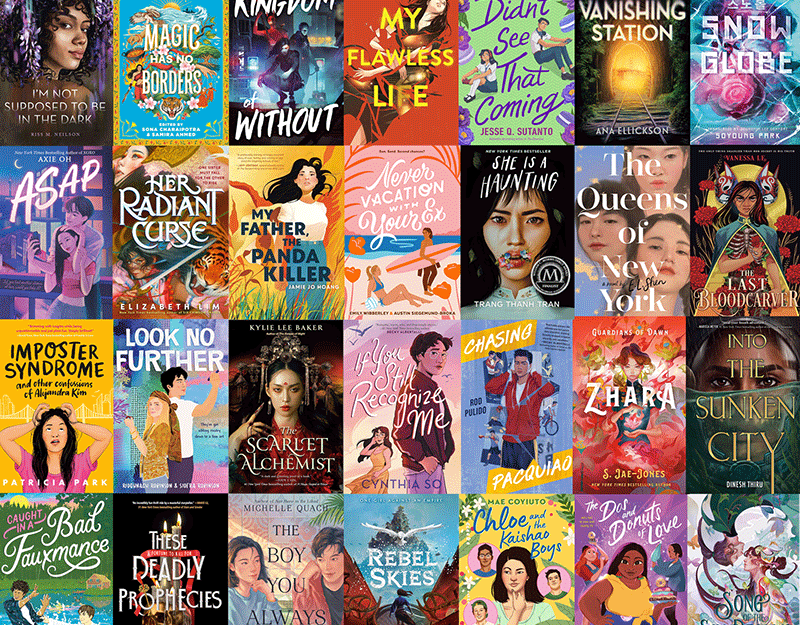
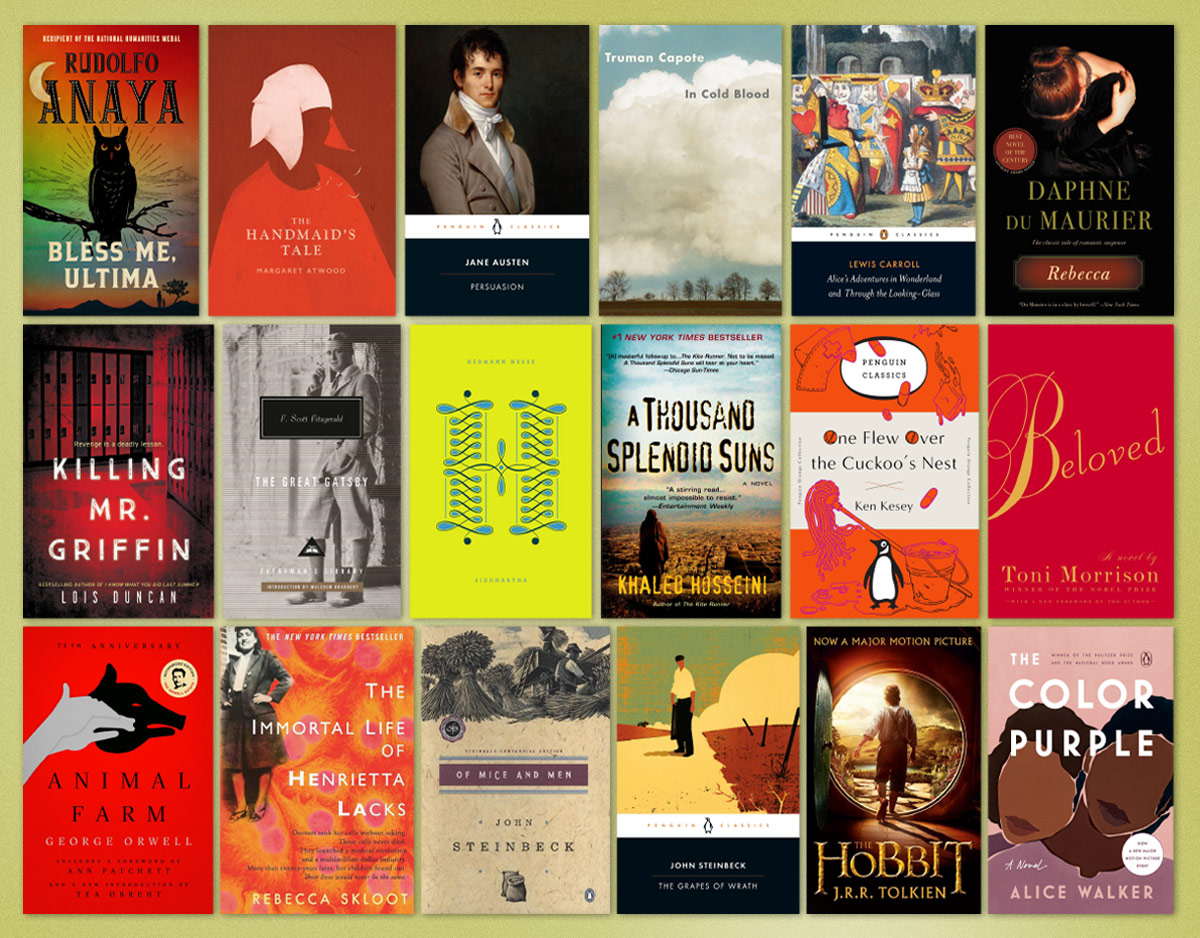
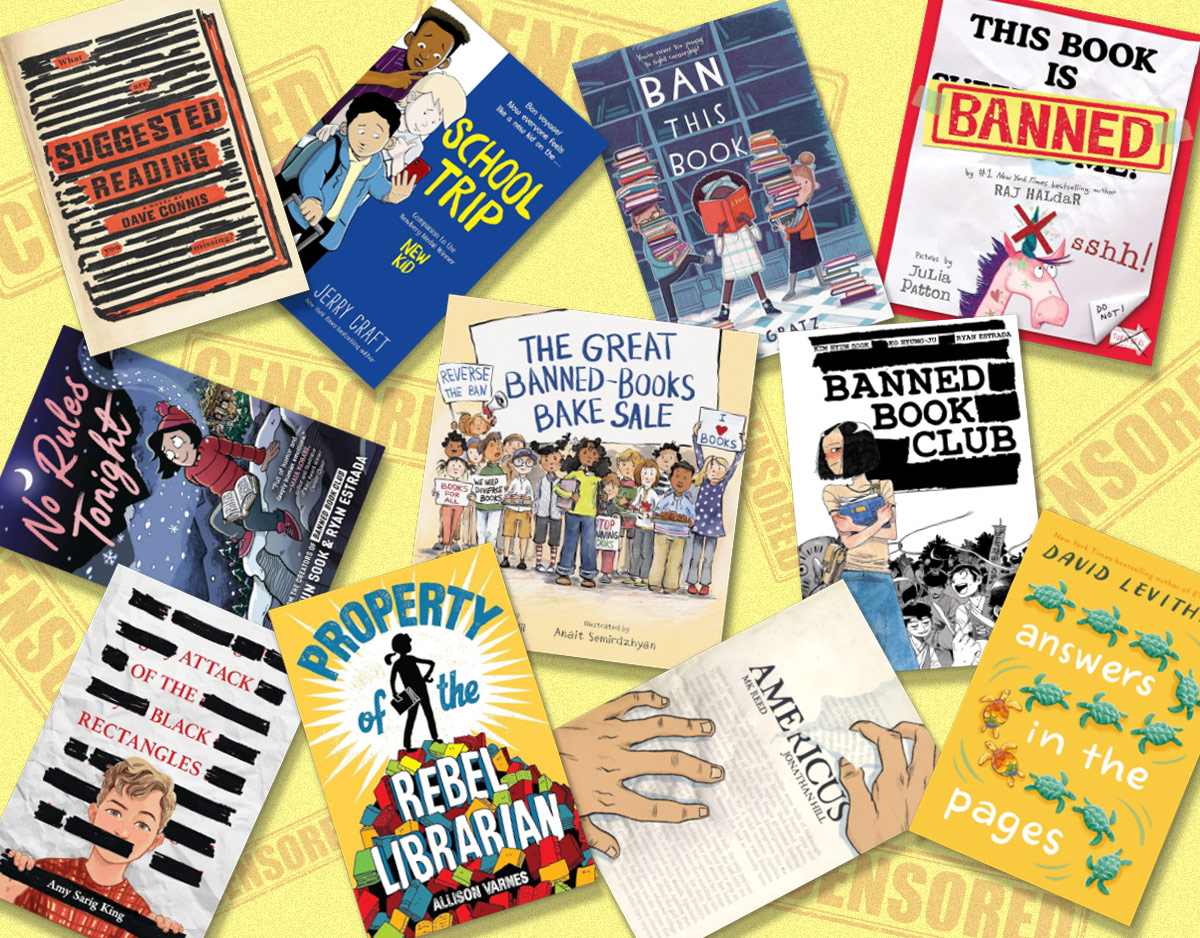
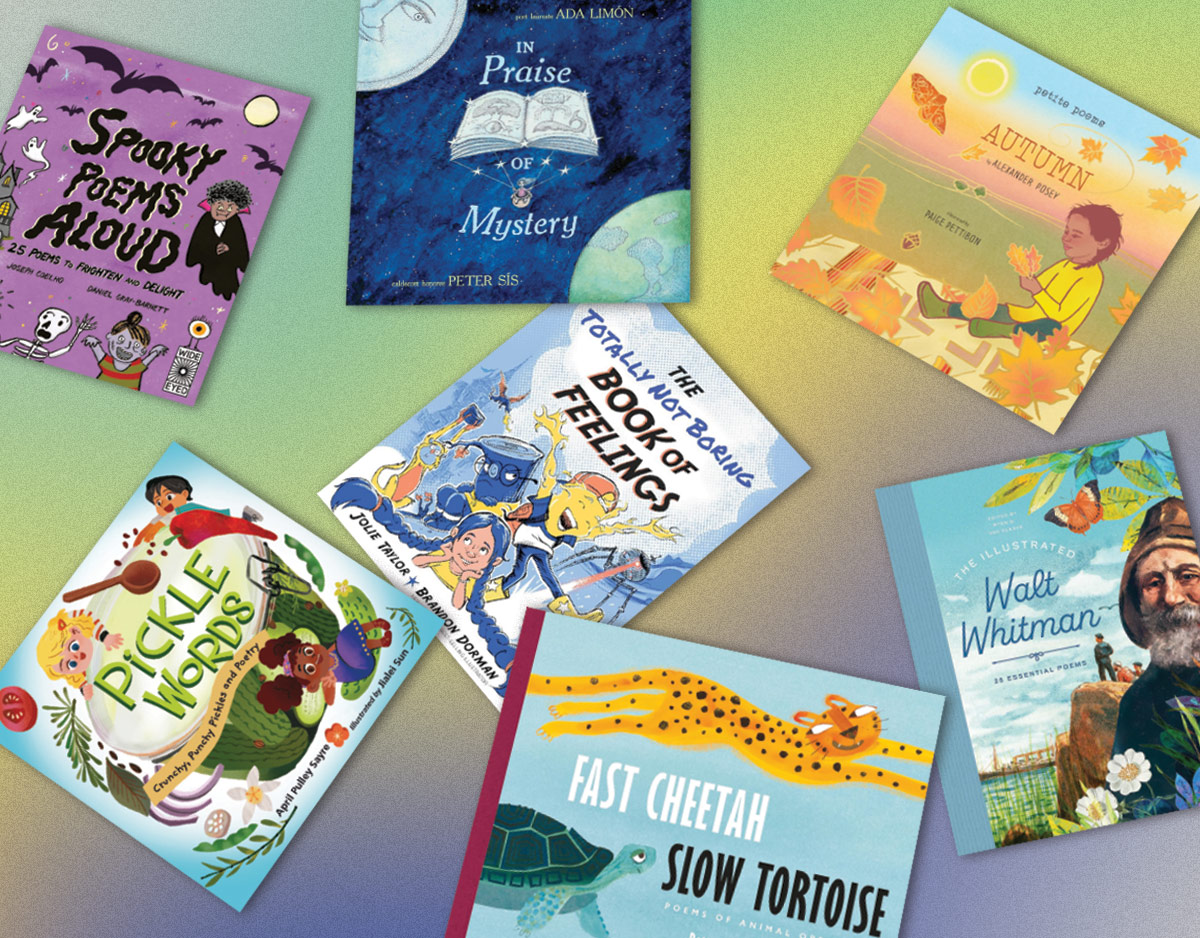
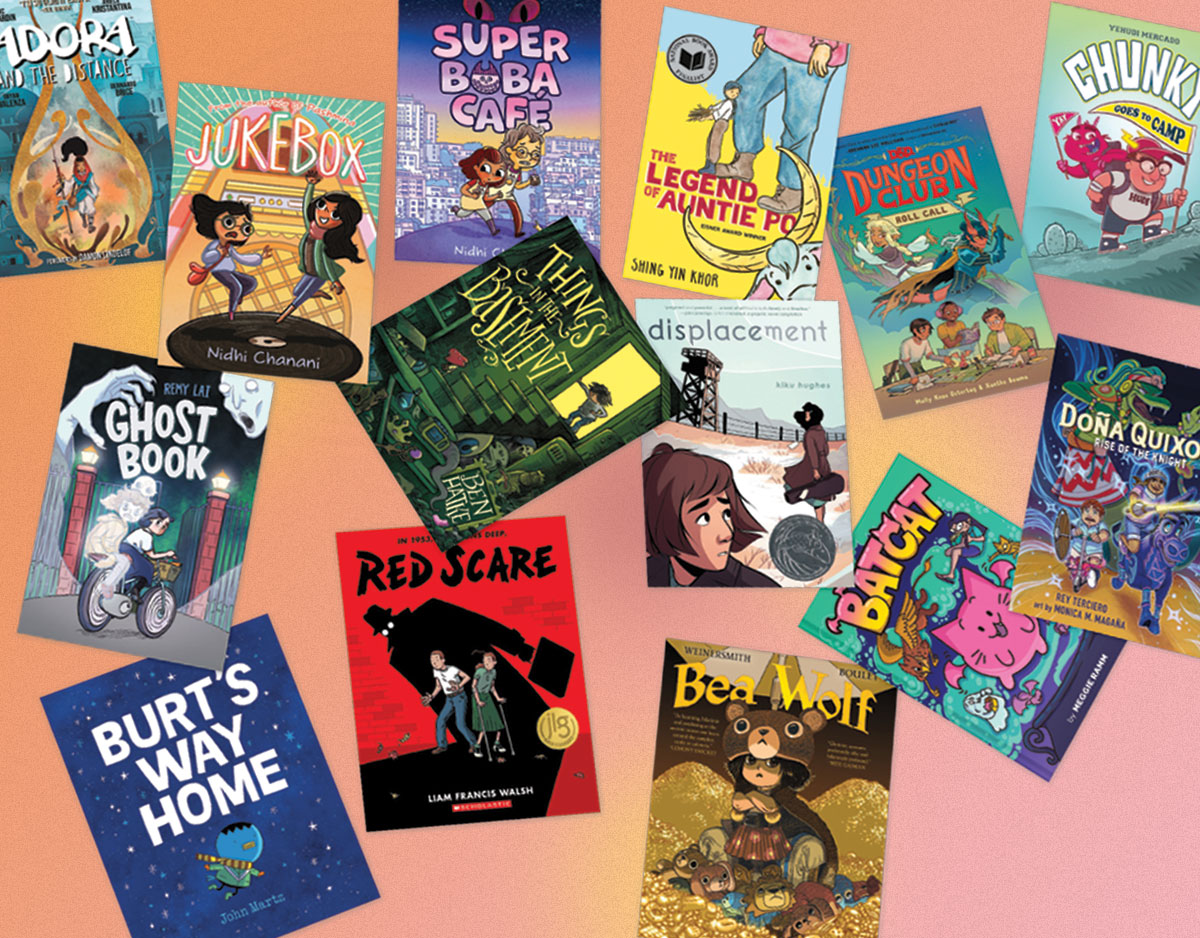
What is most disturbing about Johnny Depp’s portrayal of Willie Wonka is his insistence that he was not channeling Michael Jackson but was instead modeling Mr. Rogers!
“Written standards in place to cover what is and what is not allowed” would be a great start on avoiding conflicts. Other ways they might be avoided:
1) Have a separate category for graphic novels and memoirs (which many people favor, anyway), because it’s unlikely you’d find an author/illustrator who has worked on another’s book;
2) Don’t rely so heavily on authors as judges. There’s no reason why the judges couldn’t include literary critics or scholars, librarians, or others who haven’t written the sort of books that might present conflicts.
Those are just two of the possibilities.
Thanks so much for noticing my post. Love Fuse #8 and am honored to be here.
Jan
Since the librarians already hand out the Newbery, Caldecott, and other ALA Awards, I’ve always appreciated that the National Book Awards were given out by authors who work in the same field as the honorees. That said, there’s going to be a lot of crossover any which way you slice it.
Thanks for reading!
Okay, judge controversies to the side…that page of sandwiches is TOO scary! I mean scary on two fronts: I worry about the parents or caregivers who take the time to make those things when there are far more pressing parental “things” to be doing, and I would be so scared to take that out of my lunchbox and let other kids see what I was eating….
I’m partial to the Jiminy Cricket print, myself. 🙂
I guess the graphic novel equivalent of the National Book Award would be an Eisner Award and they separate the writing and illustration categories. Still, I see your point. The only other graphic novel I can think of that was close to winning the National Book Award was ‘American Born Chinese’ and that was both written and illustrated by the same person.
Come on folks, the children’s book world is small, incestuous, and by the time you get asked to be a judge for this kind of award, you probably know everyone.
I have three graphic novels coming out in the next three years. Two are by a new young comics illustrator Mike Cavallero, one by Rebecca Guay who has illustrated one of my books already, and will be working on a third book of mine next. If I were a judge, does that give her an edge? I’d like to think that I am professional enough to be blown away by the work, not the person.Besides, in the case of the National Book Awards, the publishers make the decisions which books they are sending in for which awards. The judges work with what they get. Since the publishers and their editors know the authors, should they not be allowed to pre-select?
And look at some of the authors and illustrators now doing gn’s. Tamora Pierce, Shannon Hale, Don Woods, David Small. Hmmm–I know them all, have had blurbs by some, a picture book coming up with one, a huge fan of one, partied with three, breakfast with one, been on lists with three, been in anthologies with one. Make your guesses. I’m not telling. Should we ALL take our names off judging lists just in case one of us gets a gn nomination? Or should there not be any judged contests at all?
Jane
Jane —
I admire your work greatly and have praised it on One-Minute Book Reviews (oneminutebookreviews.wordpress.com/2007/01/18/). You clearly bring a high standard of professionalism to everything you do.
But this is not a question of “professionalism.” It is a question of fairness to all awards candidates.
There’s a parallel to awards-judging in book-reviewing. A rule widely observed by book editors is that no one should review a book by a friend or an enemy, and many editors go further and say a reviewer shouldn’t know the author of a book.
This rule applies to both children’s and adult books. The system sometimes breaks down, and you may have been reviewed by people you knew. But book editors try hard to make the rule stick.
If those editors followed your line of reasoning, they’d throw up their hands and not even try to find neutral critics. They’d say that all the authors qualified to review a book probably know the authors they’d be reviewing, anyway, so it’s pointless to try to ensure a measure of fairness.
If the National Book Foundation wanted to build more checks and balances into its system to avoid conflicts of interest without compromising the quality of the judging, it could do that in many ways (two of which I have described above). I hope it will.
Jan
Dear All–
Whenever an award is peer-reviewed, there are always going to be issues that arise regarding fairness. I say so not to be glib in response to Ms. Harayda’s concerns, or to somehow defend myself. In fact, I think her points are valid, and I hope she’ll contact the fine folks at the National Book Foundation to further discuss them.
The relatively new entry into our industry of graphic novels brings all of this into relief. As a child who grew up reading comic books (my first experience of Lorna Doone and the King Arthur legends was through Classic Comics), I’m excited to see this genre gain the merit that it so richly deserves. But as with anything new, questions will almost certainly arise, as they have here, foremost among them being whether or not an author whose work has been illustrated by a candidate can seriously review that candidate’s work objectively?
While the deliberations of our own committee are privileged, I’m definitely on the side of furthering the discussion. At the end of the day, what we all want is for the National Book Awards to maintain their wonder.
And I just want to further say that I felt like all five of our nominees were just that, wondrous. Serving on the panel was an amazing experience, and I felt so honored to be tapped for it.
K.
Thanks for weighing in, Kathi! It’s a debate that’s going to come up time and again in conjunction with this particular award and, as you say, peer-reviewed honors are inherently prone to these kinds of questions.
I appreciate your two cents.
The National Book Critics Circle has published on its awards site its written policies about conflicts of interest in judging (bookcritics.org/blog/archive/how_we_pick_our_awards/)that might interest anyone looking for a wider context for the discussion on Fuse #8. That policy says, in brief, that judges are expected to declare any conflicts and “cannot vote” in the categories in which they have them.
The NBCC awards policies might also interest others who are developing standards for youth media awards — not because those policies would work for all organizations but because they are so clearly spelled out. It would be extremely helpful if the National Book Foundation could post its own guidelines so that we all know where it standards.
Jan